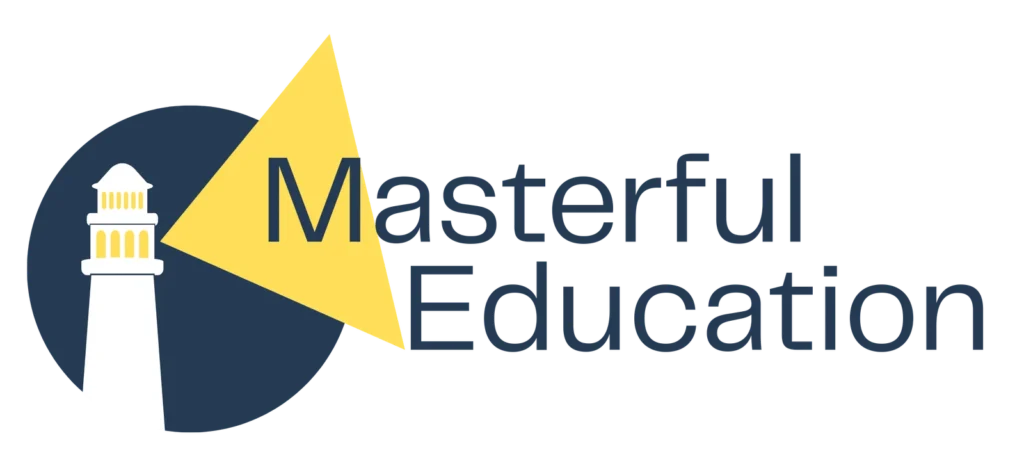In today’s rapidly evolving job market, professionals face the dual challenge of staying relevant and standing out. Traditional degrees, while valuable, no longer suffice as the sole currency of education. Enter micro-credentials, a game-changing solution that caters to the modern learner’s need for flexibility, specificity, and affordability. This emerging trend is transforming how individuals approach lifelong learning, empowering professionals to upskill on their terms.
What Are Micro-Credentials?
Micro-credentials are compact certifications that focus on specific skills or knowledge areas. Unlike traditional degrees, which often span years and cover broad curricula, micro-credentials hone in on targeted competencies, such as data analytics, digital marketing, or leadership. Typically offered online, these credentials can be earned in weeks or even days, allowing learners to quickly adapt to industry demands.
Why Are Micro-Credentials Gaining Popularity?
Several factors contribute to the meteoric rise of micro-credentials:
- Changing Workforce Dynamics
The Fourth Industrial Revolution is reshaping the employment landscape. Automation, artificial intelligence, and other technological advancements are making some skills obsolete while creating demand for others. Micro-credentials enable professionals to stay ahead by acquiring the precise skills needed for emerging roles. - Demand for Flexibility
Traditional education models often require substantial time and financial commitments, making them less feasible for working professionals. Micro-credentials, offered on platforms like Coursera, LinkedIn Learning, and Skillshare, allow learners to balance education with their careers. Many programs are self-paced, enabling learners to progress at their convenience. - Cost-Effectiveness
Pursuing a degree can cost tens of thousands of dollars. In contrast, micro-credentials are significantly more affordable, often costing a few hundred dollars per course. This accessibility opens doors for learners from diverse financial backgrounds. - Employer Recognition
Employers increasingly value skills over traditional credentials. Micro-credentials provide tangible proof of specific competencies, making them a valuable addition to resumes. Many platforms partner with industry leaders to offer certifications endorsed by companies like Google, IBM, and Microsoft, further enhancing their credibility.
Types of Micro-Credentials
Micro-credentials come in various forms, tailored to the diverse needs of learners and industries. Understanding these types can help professionals choose the right path for their upskilling journey.
- Professional Certificates
These credentials focus on industry-specific skills and are often offered in collaboration with leading companies or organizations. For example, Google’s Professional Certificates on Coursera train learners in areas like IT support and UX design, equipping them with job-ready expertise. - Skill-Specific Badges
Often awarded for completing short, focused courses, these digital badges certify mastery of individual skills such as project management basics, coding in Python, or using design tools like Adobe Photoshop. They are ideal for learners seeking to enhance a single aspect of their professional toolkit. - Micro-Masters and Micro-Degrees
These credentials, often offered by universities, represent a smaller, modular segment of a full degree program. For instance, edX’s MicroMasters programs allow learners to study advanced topics in areas like supply chain management or business analytics, with the option to apply these credits toward a full master’s degree. - Stackable Credentials
Stackable micro-credentials enable learners to build a broader qualification over time. For example, learners can earn multiple micro-credentials in related fields (e.g., digital marketing, content strategy, and social media management) that collectively create a comprehensive skill set. - Industry-Endorsed Certifications
Certifications backed by industry leaders, such as AWS Certification or Microsoft Azure Fundamentals, validate technical proficiency in specific tools, platforms, or methodologies. These are highly valued in fields like IT, cloud computing, and cybersecurity. - Soft Skills Credentials
Recognizing the importance of interpersonal and leadership skills, many platforms offer micro-credentials in areas like communication, emotional intelligence, and teamwork. These credentials are essential for professionals in roles requiring collaboration and management. - Creative and Hobby-Based Micro-Credentials
Not all micro-credentials are career-focused. Platforms like Skillshare and Udemy offer courses that certify creative skills such as photography, creative writing, or music production, catering to learners pursuing personal growth or hobbies.
Benefits for Lifelong Learners
Micro-credentials empower lifelong learners in several ways:
- Customization
Learners can build their own educational paths by stacking multiple micro-credentials, tailoring their expertise to meet career goals. - Rapid Skill Acquisition
With a focus on specific outcomes, micro-credentials enable learners to acquire new skills quickly and apply them immediately in the workplace. - Global Accessibility
The online nature of micro-credentials removes geographic barriers, giving learners worldwide access to high-quality education.
Challenges and Considerations
While micro-credentials offer many advantages, they are not without limitations. The abundance of options can overwhelm learners, making it challenging to identify high-quality programs. Additionally, while many employers value micro-credentials, others still prioritize traditional degrees. The onus often falls on learners to effectively showcase their value.
The Future of Micro-Credentials
Micro-credentials are poised to play a pivotal role in the future of education. As the workforce continues to evolve, these certifications will likely become integral to professional development. Governments and educational institutions are already recognizing their potential, with some universities offering micro-credentials that can be stacked into larger qualifications, such as diplomas or degrees.
For lifelong learners, micro-credentials represent an exciting opportunity to stay competitive, relevant, and engaged in a dynamic world. Platforms like Coursera, LinkedIn Learning, and Skillshare exemplify how technology and innovation can democratize education, making it more accessible and impactful than ever before.
In a world where change is the only constant, micro-credentials empower individuals to learn, adapt, and thrive—one skill at a time.


